The Horizon
The latest updates on our work defending rural lands, creating livable cities and towns and preserving wild lands and water throughout Central Oregon
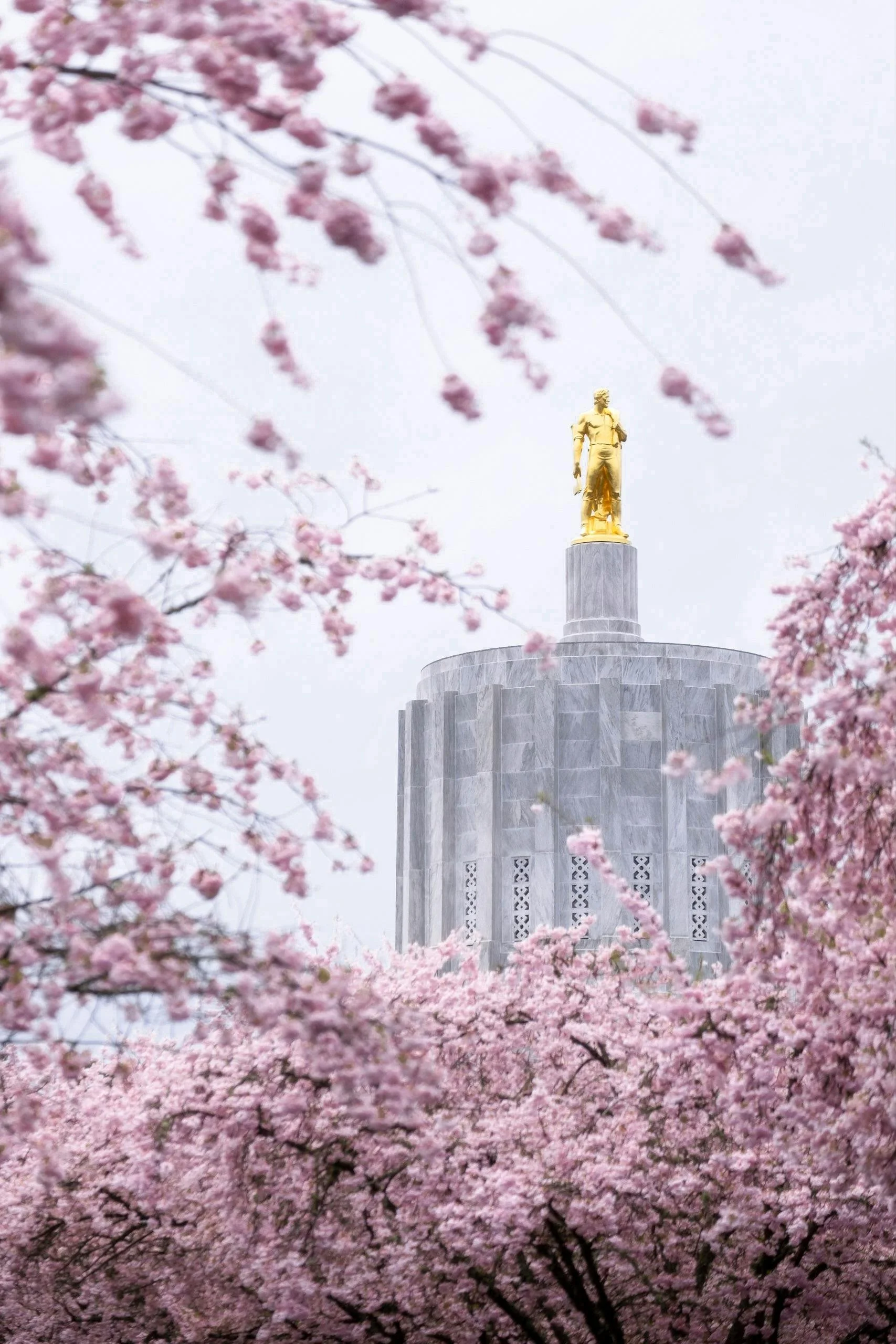
Headlong Into Oregon’s 2026 Legislative Session
With just 35 days on the clock, LandWatch is coming into the 2026 legislative session focused, coordinated, and ready to advocate for what matters most in Central Oregon: communities where people can afford to live and thrive, rural lands that remain productive and protected, and wild lands that support the wildlife and outdoor pursuits that define our region.

Scenes + Stories from 2025
Every year, the LandWatch team and our community navigate unexpected twists and turns, make the most of difficult situations, and celebrate significant wins for Central Oregon’s livability. Here’s a recap of our favorite scenes, stories, and accomplishments from 2025.
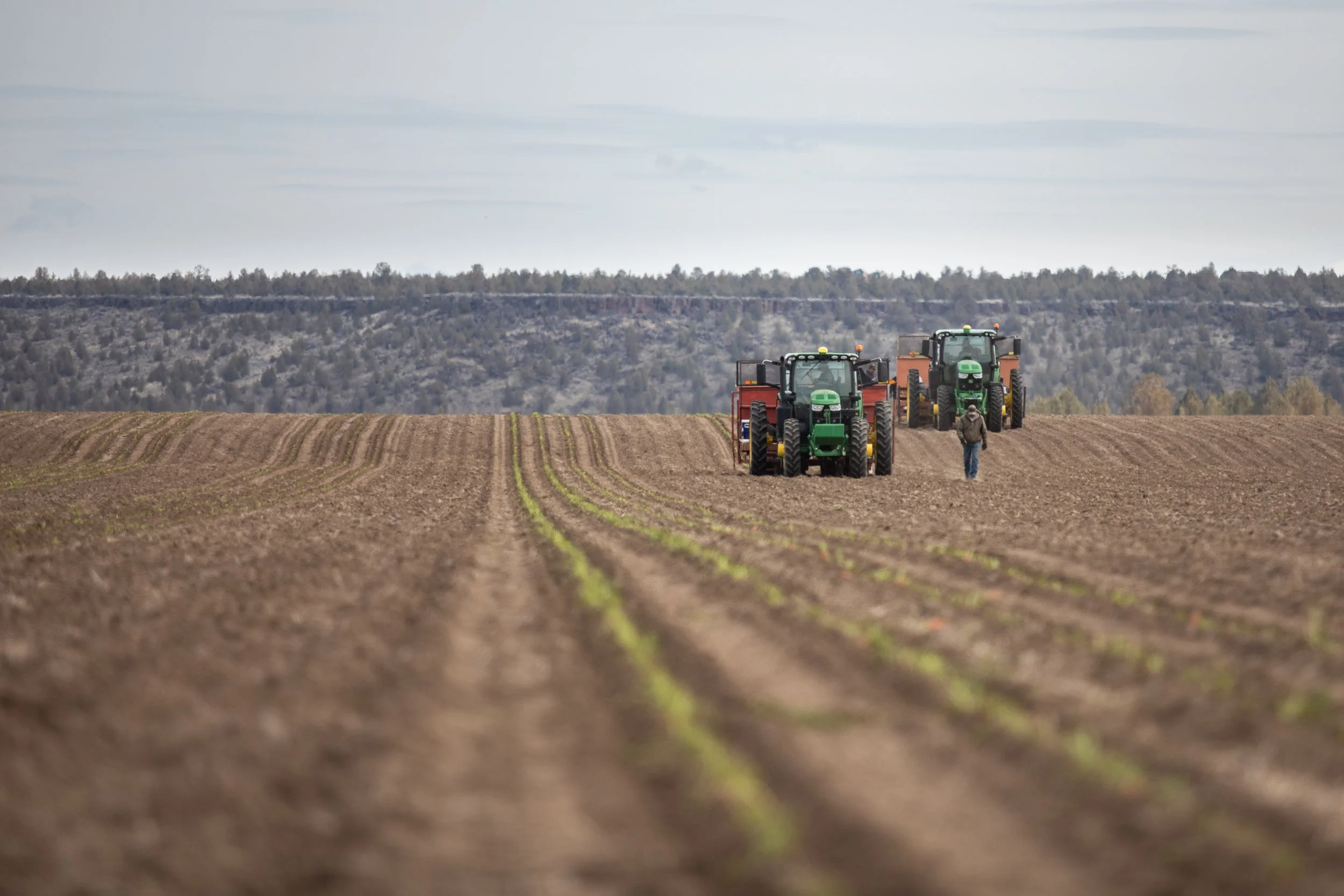
Holding Sprawl at Bay
Farmers and ranchers deserve affordable access to the land they need to grow food for our communities. Central Oregonians deserve to know their tax dollars aren’t subsidizing luxury sprawl. And all of us deserve to know that the working landscapes that make this place special will remain for generations to come.
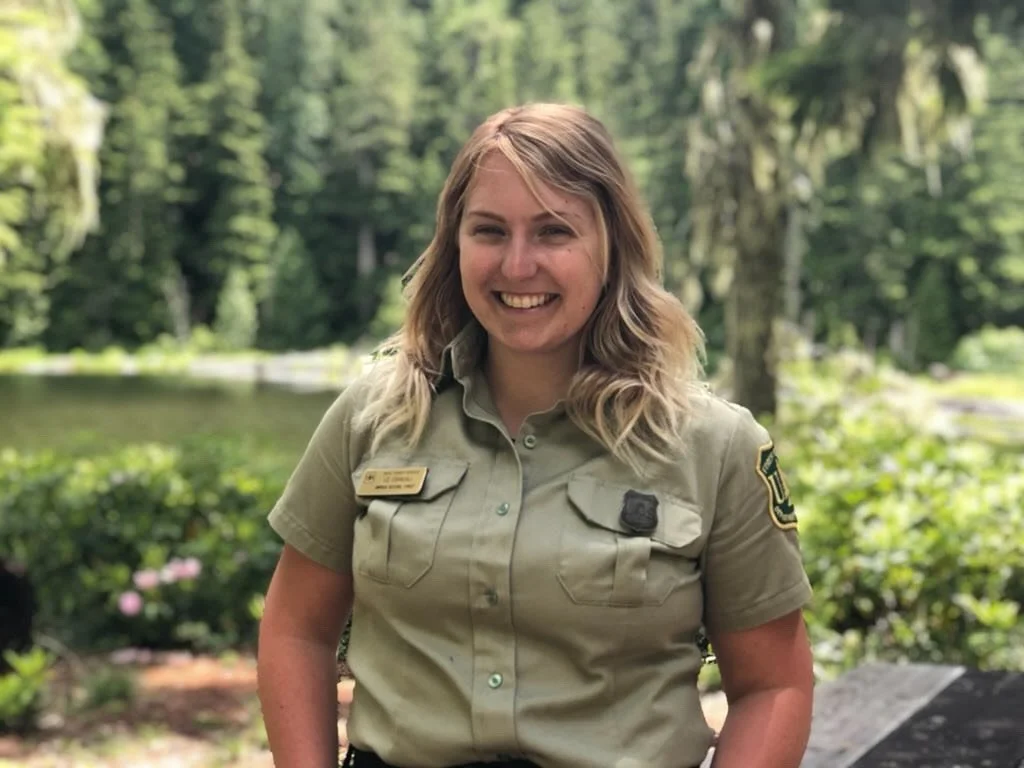
For Love of the Land
For “accidental activist” Liz Crandall, Central Oregon is a place where a shared love for public lands shapes a unique community
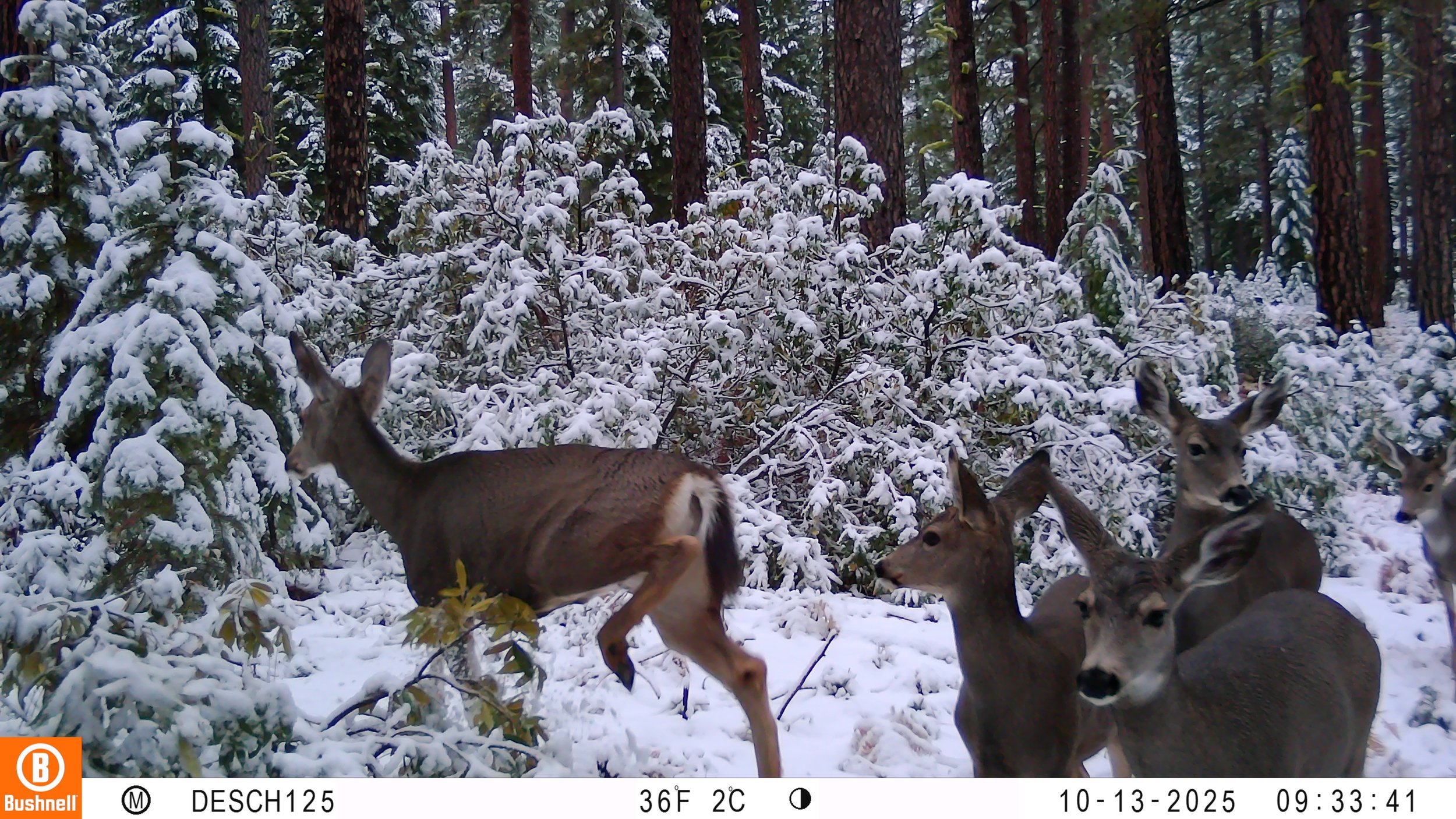
Ground Work
Next time you’re traveling back from Suttle Lake, marveling at the beauty in all directions, know that soon, you, your friends and family, and the wildlife that call this spectacular place home, will all be able to safely reach their destination.

Progress on Neighborhood Commercial in Bend
Having more businesses in our neighborhoods is a natural part of healthy urbanization and would support how much of the community would like to live. So, LandWatch is partnering with Bend YIMBY to find ways to make this happen.

Big Moves on Housing and Smart Urbanization
Oregon’s Housing Needs Analysis (OHNA) rules are literally going to shape the livable future of our community. These rules recognize that Oregon’s housing shortage is not just about the number of homes—but also about who has access to them and where they are located.

Guardians of Life
On December 4, photographer, filmmaker, and National Geographic Explorer Kiliii Yüyan will share breathtaking stories of survival, Indigenous resilience, and ecological kinship. Through images and stories spanning the globe from the Arctic to Australia, Yüyan reminds us that when we protect the more-than-human world, we are also protecting ourselves.

The Future of Bend’s Growth
Important decisions that will guide Bend's growth for the next 20 years are in the works and on the horizon.
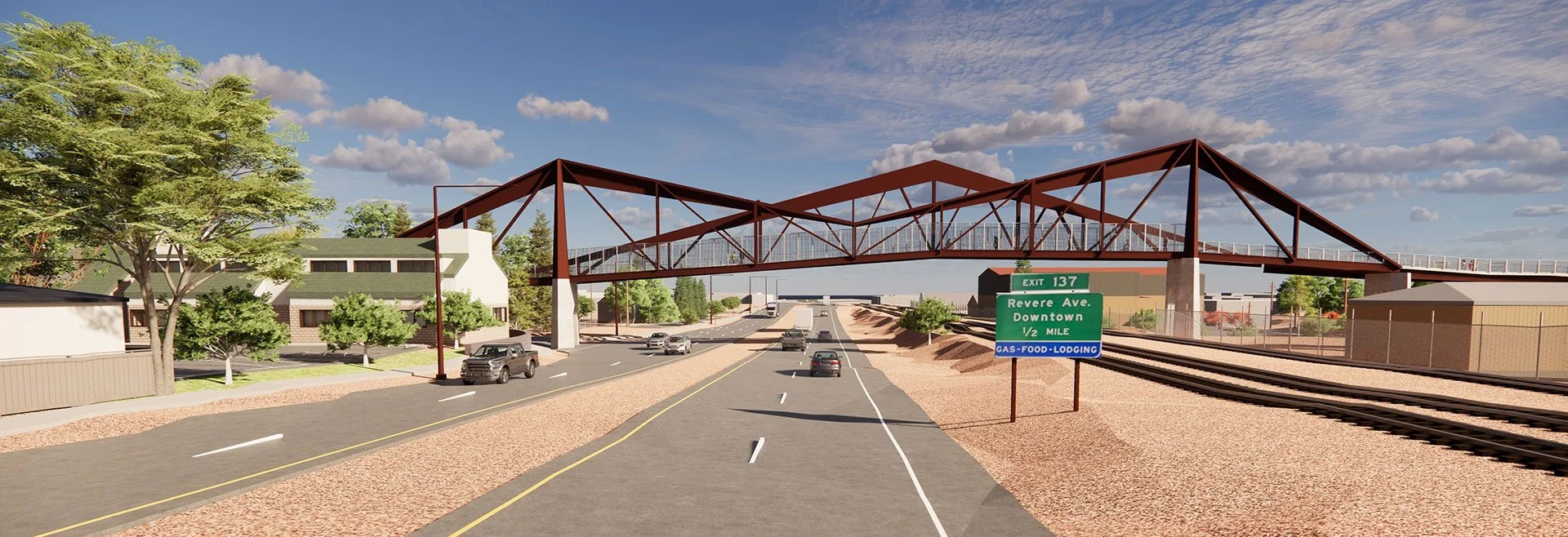
What’s Next for the Bend Central District and our Midtown Crossings?
There is a lot of work ahead to continue to unlock the potential of the BCD—but we are well on our way to this part of our city becoming one of Bend’s most incredible Complete Communities. We are so excited about the transformative changes underway and for the future of this area.

Books to Rewrite Our Relationship with Nature
On November 13, author and editor Michelle Nijhuis, led us through an exploration of influential books that can help us shift our thinking away from systems of ecological oppression and toward a more just and verdant future. Here is the Michelle’s list of books.

An Update on Sisters’ Urban Growth Boundary Expansion
The City of Sisters is wrapping up its Urban Growth Boundary (UGB) expansion process with a new expansion area that will serve Sisters’ future well.
LandWatch has been engaged in Sisters’ growth since the start of the Comprehensive Planning process in 2020, and over the past year, we’ve helped guide progress as part of the Sisters UGB Steering Committee.

Is Bend Protecting Enough of its Urban Forest?
The City of Bend’s first annual review of its new tree code has just been completed—and so far, pretty good.
In reviewing one year of data, it seems the tree code is helping the city strike a tricky balance between the need to preserve trees and the need to develop housing.

Meet The Man Who Speaks for Bend’s Trees
Get to know Ian Gray, the City of Bend’s new and first-ever Urban Forester. With experience shaping city canopies across the West, he brings a clear vision for a thriving, climate-resilient Bend.

Americans overwhelmingly oppose rolling back the Roadless Rule
An initial analysis by the Center for Western Priorities found that opposition to dropping safeguards for Roadless Areas was nearly unanimous, with 99.2 percent of comments supporting keeping Roadless protections in place.
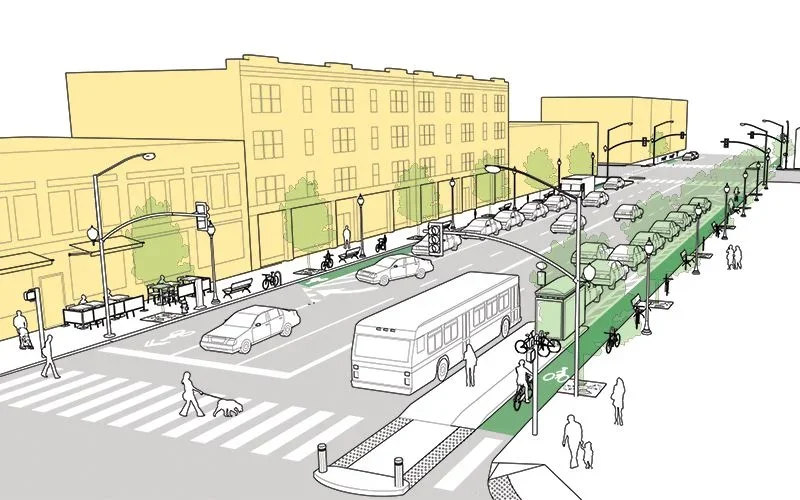
Moving Toward a More Balanced Transportation System
In Deschutes County, over half of daily trips are under 3 miles. . That means there is great potential for many of those trips to be done by walking, biking, rolling or by bus if our transportation infrastructure supports safe, connected, and appealing travel.

Chuck Sams To Speak on Rights of Nature
As director of the National Park Service, from 2021 to 2025, Chuck Sams championed initiatives to expand and deepen tribal co-management, bolster climate resilience across the country, and promote equitable access to public lands. On October 30, he’ll join LandWatch for a discussion about the Rights of Nature to kick off our 2025 Livable Future Forum.

Our Space // Nuestro Espacio
Join Vámonos Outside, Protect Our Winters, and Central Oregon LandWatch for a night of short films and a Q&A with filmmakers and athletes Jr Rodriguez and Vanessa Chavarriaga.

Why Deschutes County Must Stop Spot Zoning
Either voluntarily or by enforcement, we call on Deschutes County to honor that covenant by ending its practice of spot zoning.
Originally published as a Guest Column in the Bend Bulletin on 08/27/2025.
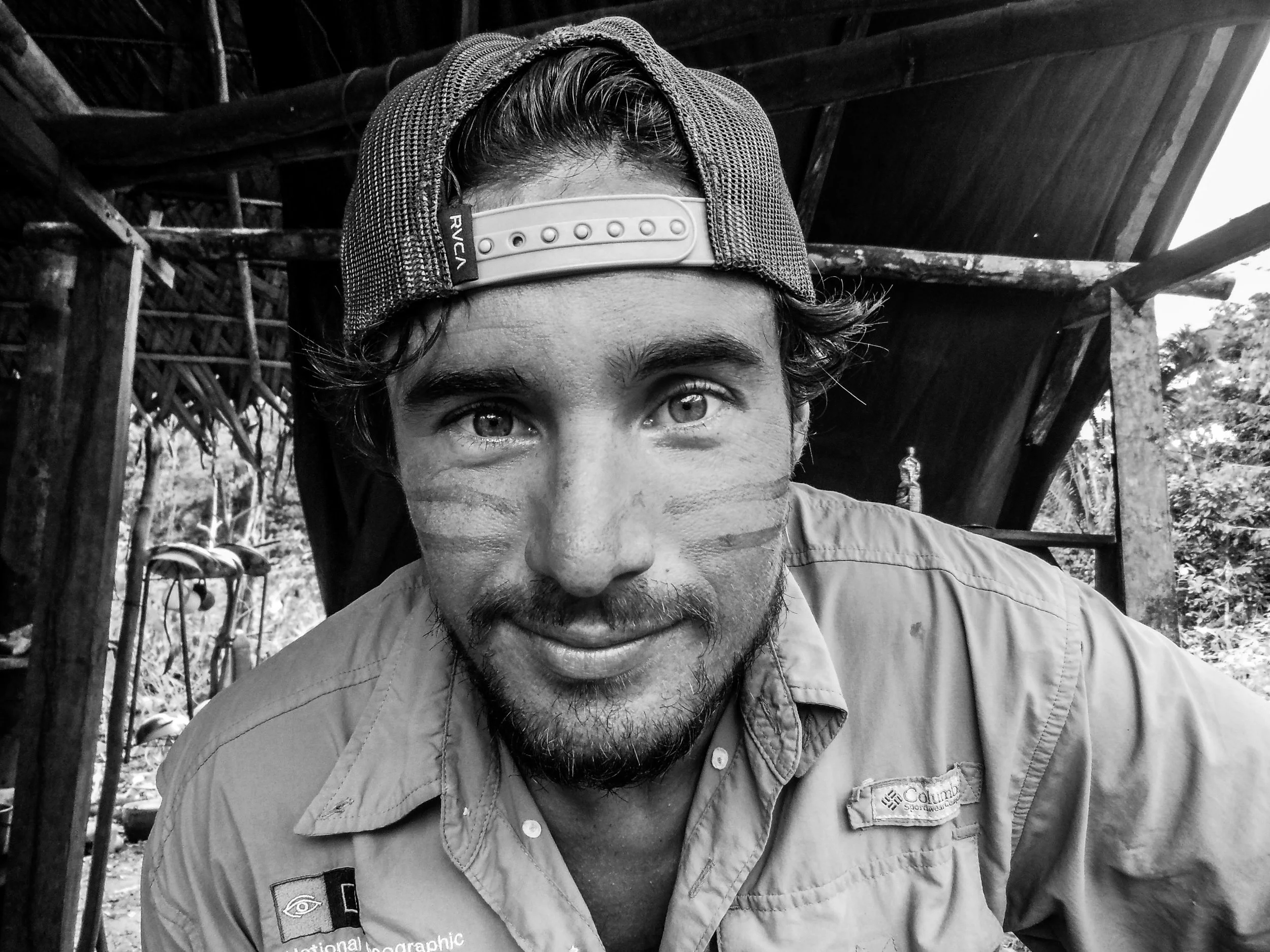
Meet Ryder, Our Newest Photo Partner
Ryder Redfield is a Central Oregon original. Born and between among the mountains, rivers, and wide-open skies, he carries the spirit of this place in everything he does.
